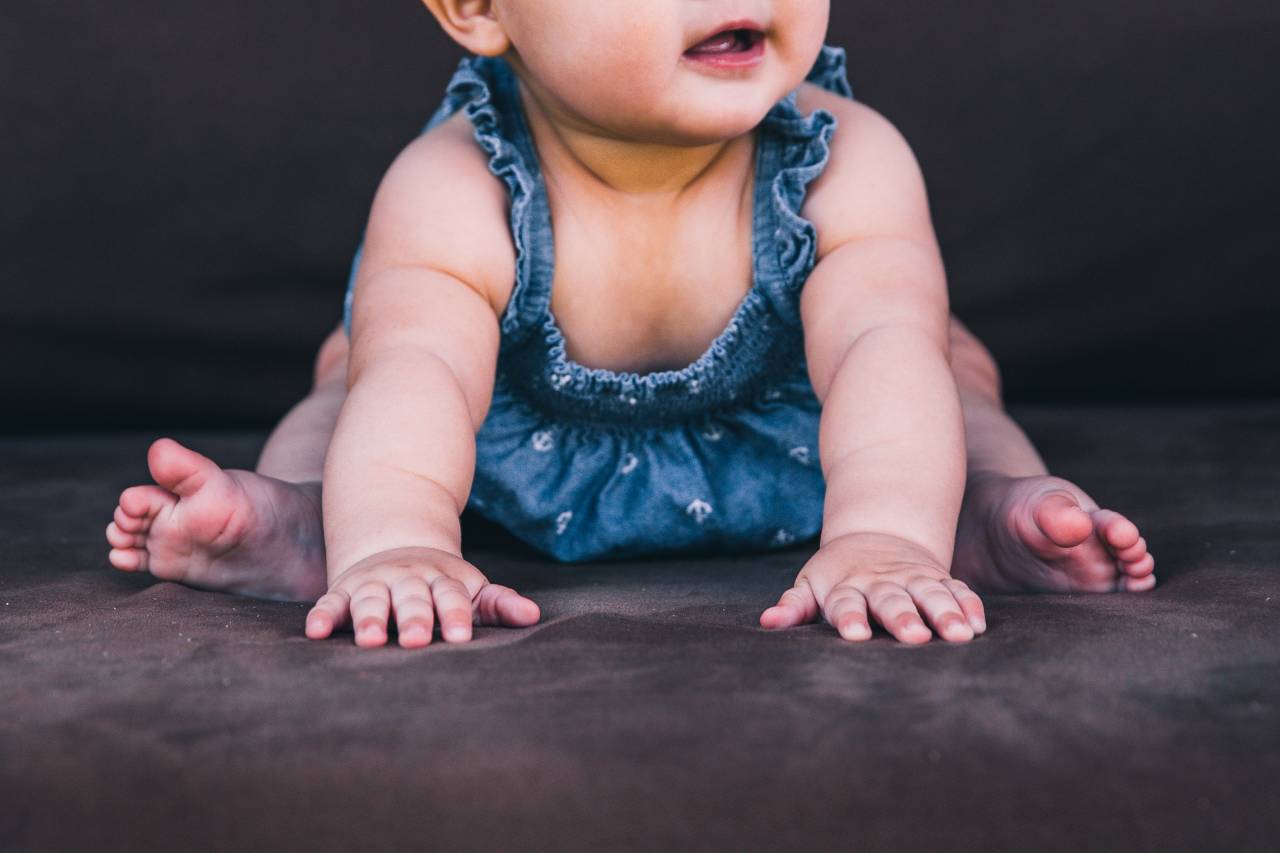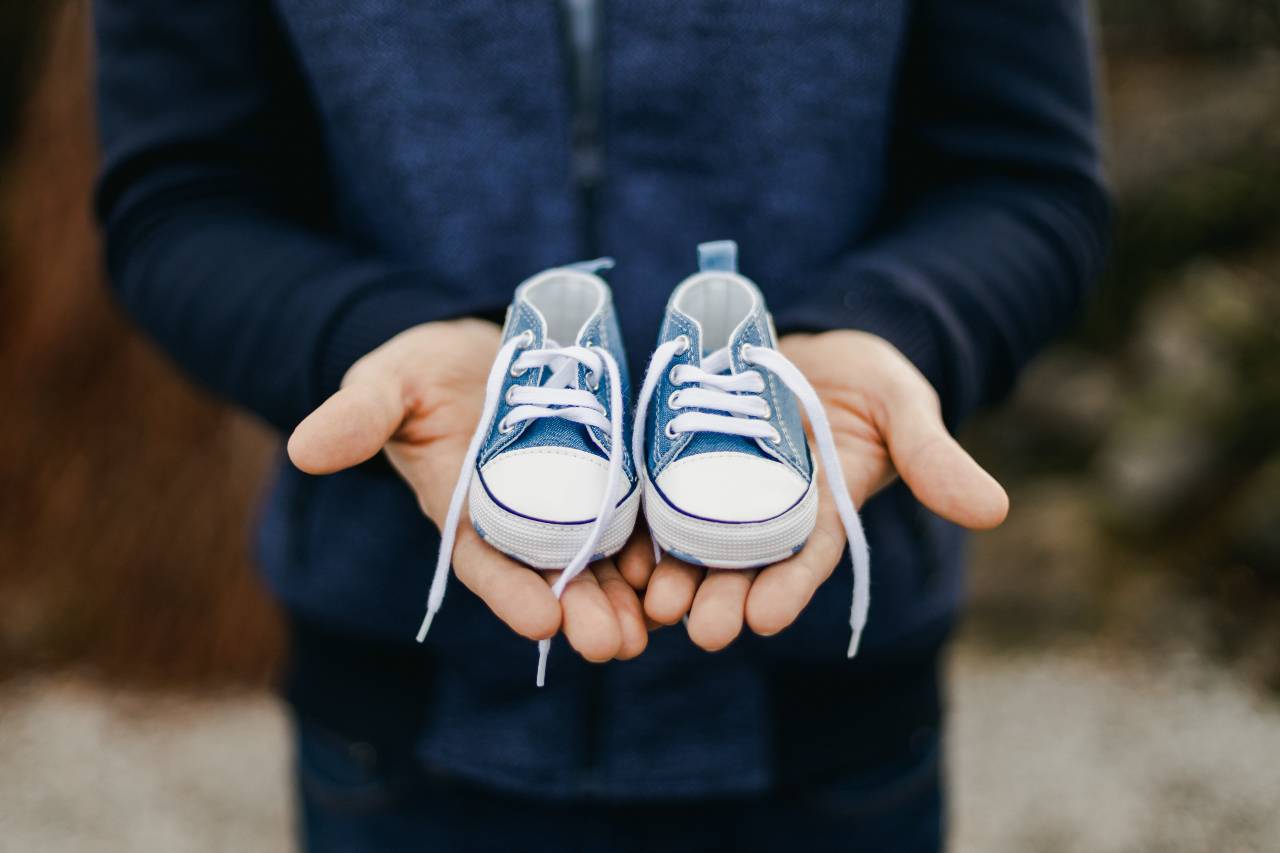
As your baby starts showing signs they’re ready to walk, you probably have dozens of questions. Milestones are exciting for babies and parents alike, but change can also be a little nerve-wracking, especially since every baby is different and it’s hard to know how exactly their walking journey will play out. Here’s what to know before your baby starts walking, so that when the time comes, you’re ready to give them all the support they need.

- Babies can start taking their first steps anywhere between nine to 18 months old. There is no one-size fits all timeline for when your baby will learn to walk. According to the Centers for Disease Control & Prevention (CDC), some adventurous babies can start walking at nine months old, while other, more cautious babies might not take their first steps until they’re 18 months old. In most cases, your baby may start walking right around their first birthday, and by 18 months, they might even be running! But if your baby is a little slow to take off, don’t panic. Everyone is different.
- Your baby will only walk when they’re ready. You can encourage your baby to start walking as much as you’d like, but ultimately, they’re on their own timeline. They need to develop the necessary motor skills and strength to pull themselves up, and the balance and confidence to actually start taking steps. These factors come into play only with time. However, there are plenty of tools and support you can give them in the meantime. When they learn to sit up by themselves, you can roll a ball back and forth between you, or play stacking games with toys so your baby has to stretch and move around. Once they start crawling, encouraging them to crawl from one person to another can help them learn coordination. Giving them plenty of praise and getting visibly excited when they crawl or take a few short steps will also be helpful in building their confidence.
- Your baby might not crawl conventionally, and that’s OK! It’s totally normal for them to skip the traditional crawling on all fours and instead develop an alternative way of moving around. Some babies might slide on their bellies, some might sit upright and use their legs to move around (called “bottom shuffling”), and others might “commando crawl” by laying flat on their bellies and using their arms to move forward. They won’t go from no motion at all straight to walking, but as long as they develop some sort of scooting method, they are strengthening their coordination and balance. Make sure their gross motors skills are being assessed by their doctor at regular checkups!
- After your baby starts cruising, walking might not be far behind. Cruising is when babies use furniture or household items at eye-level as support while taking steps. Usually, this will happen at the nine- to 10- month mark. Some babies might start walking a few weeks after that, and for others it could take months. In the meantime, you can make sure your home is as optimized and safe as possible, so it can lend itself to an easier walking transition for your baby. Ensure all cables are stored away, and all furniture is secured tightly (preferably nailed or attached to the walls). Baby-proof any sharp corners and electrical outlets, and give baby a soft place to land when they fall, like a playmat or a rug.
- Your baby doesn’t need shoes until they start walking. According to Sanford Health, there’s no real benefit to shoes until your baby actually starts taking steps. In fact, shoes can actually restrict natural foot movement. When their senses are developing, it’s important for baby to feel the ground beneath their feet so they can develop better balance and stronger coordination. Being barefoot can also help strengthen the feet and lower legs, according to Kevin Geary, parenting guru, teacher, and author of Revolutionary Parent. Your best bet is to keep baby barefoot until they actually learn how to walk. If you want to keep their feet warm, opt for non-slip socks or booties.

